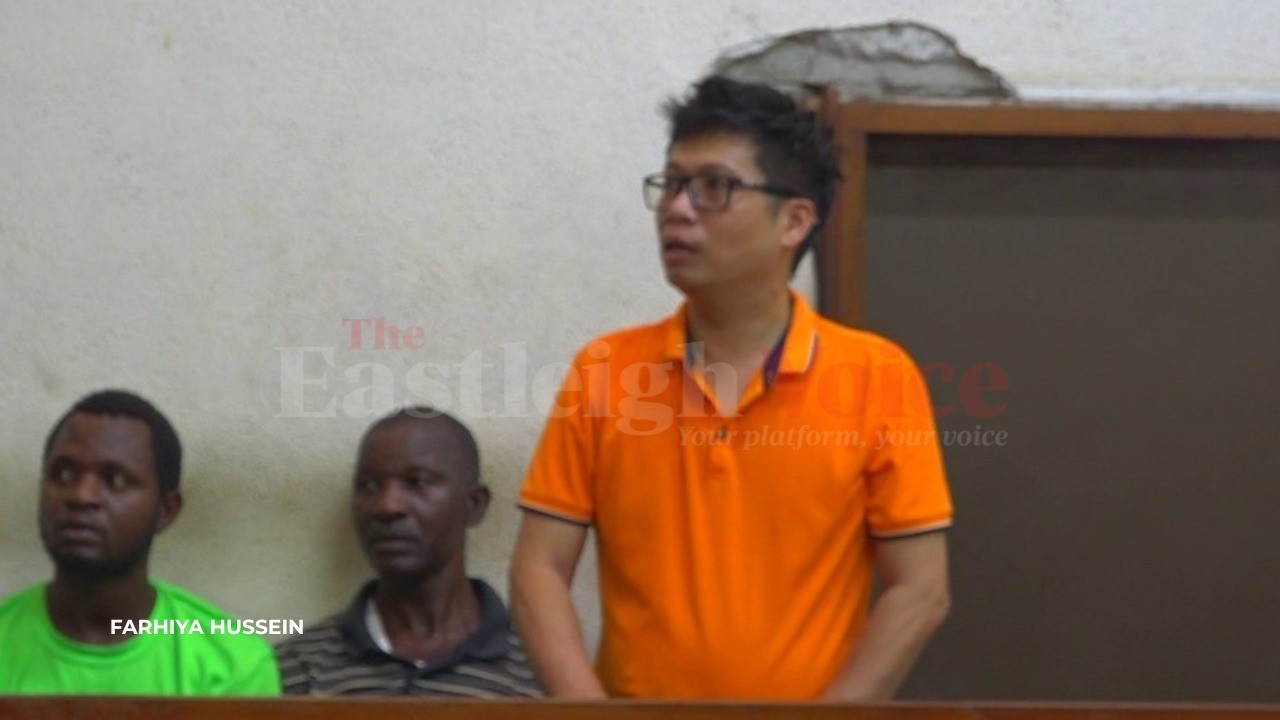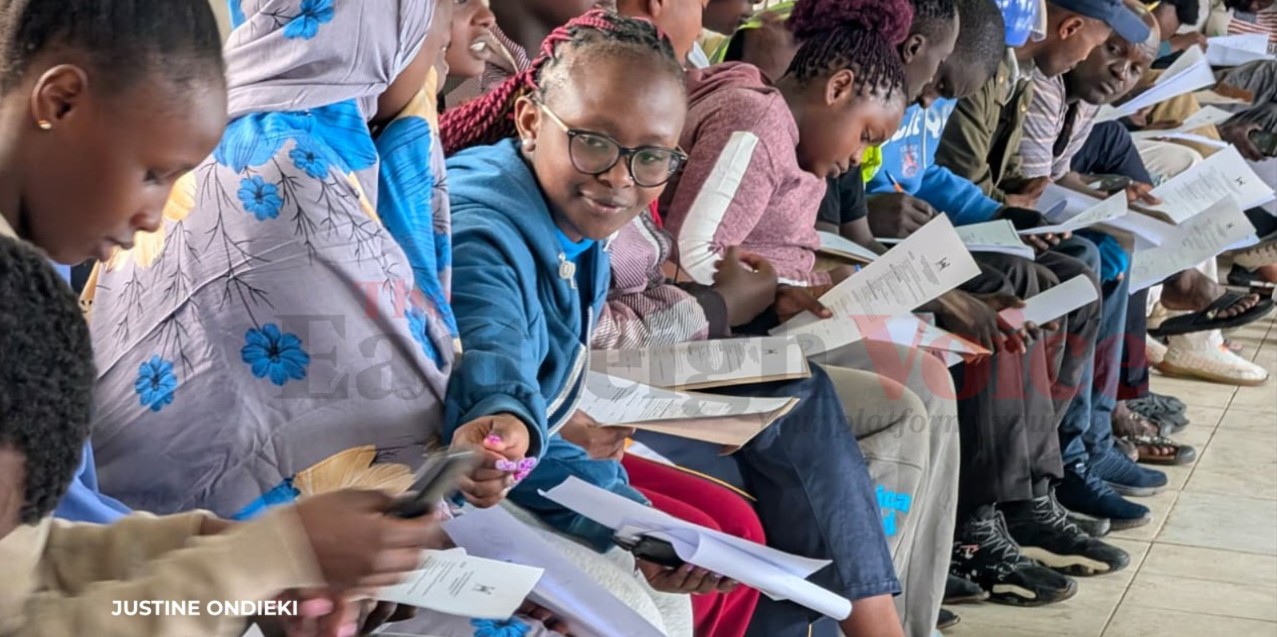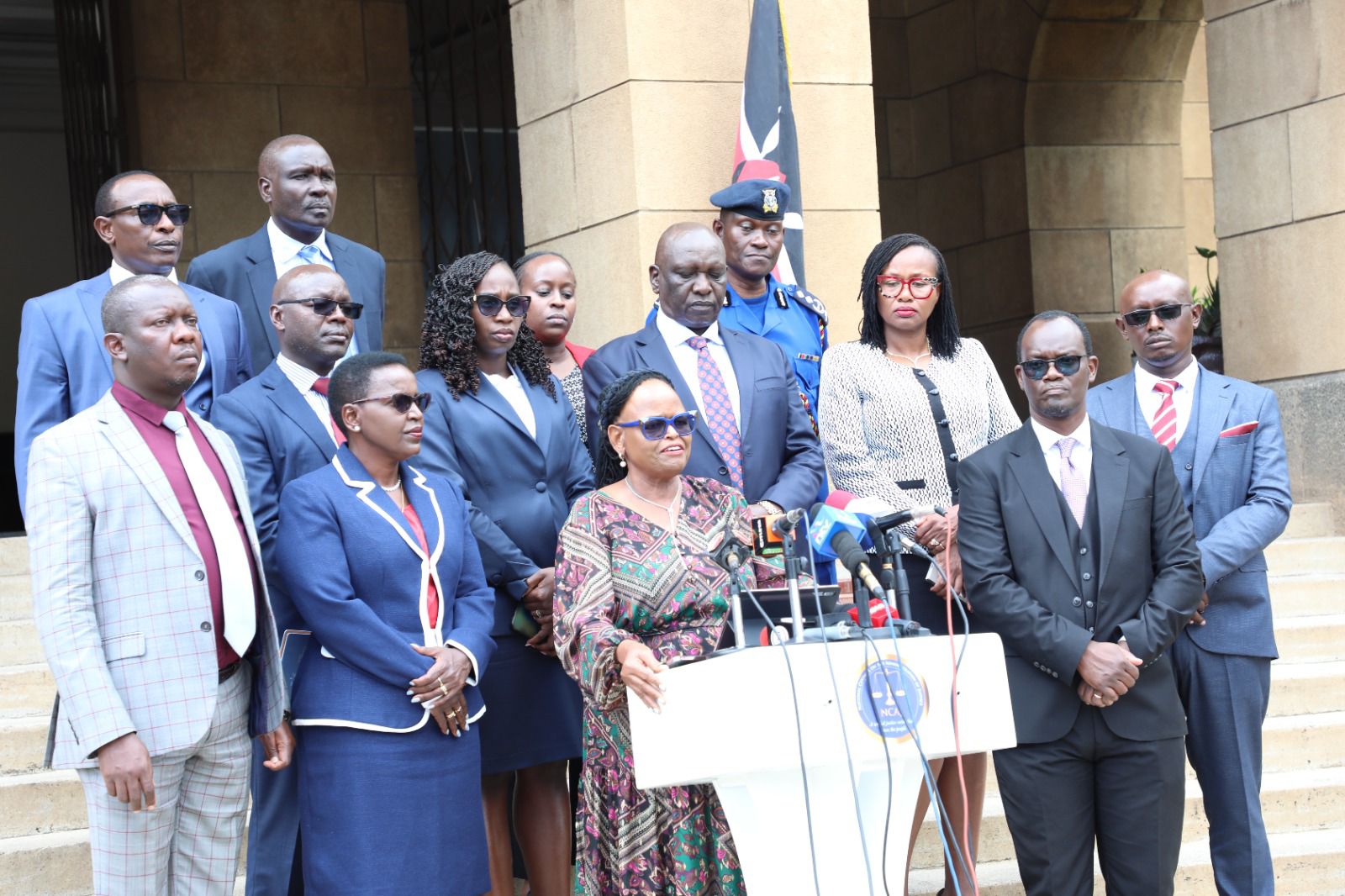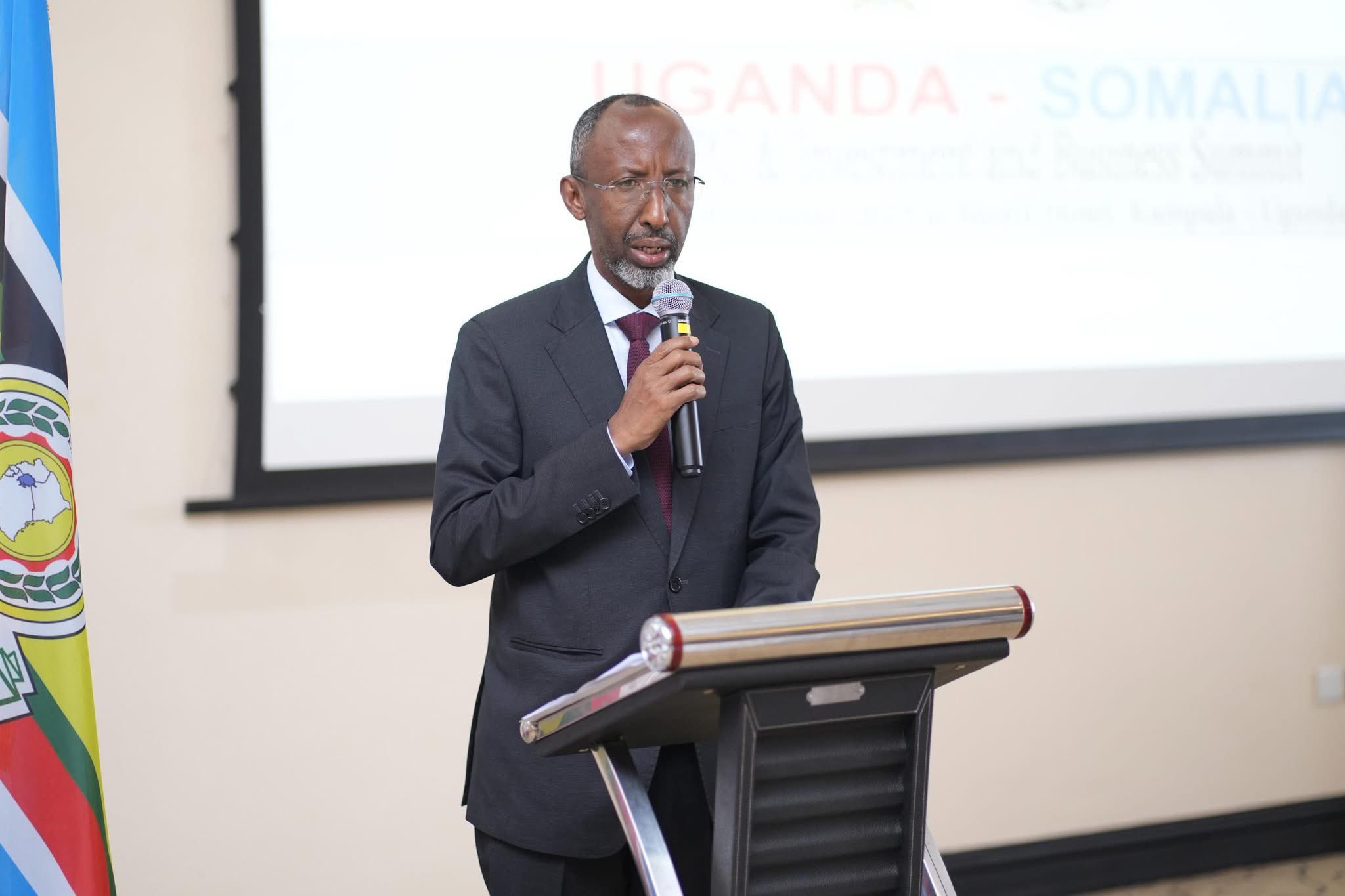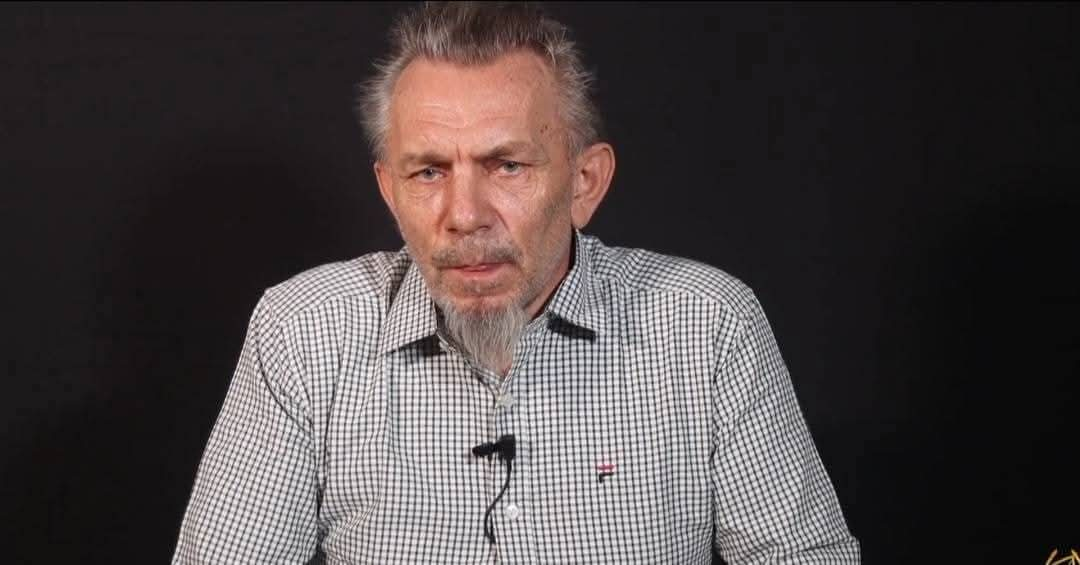Human Rights Watch alleges government unit behind wave of abductions
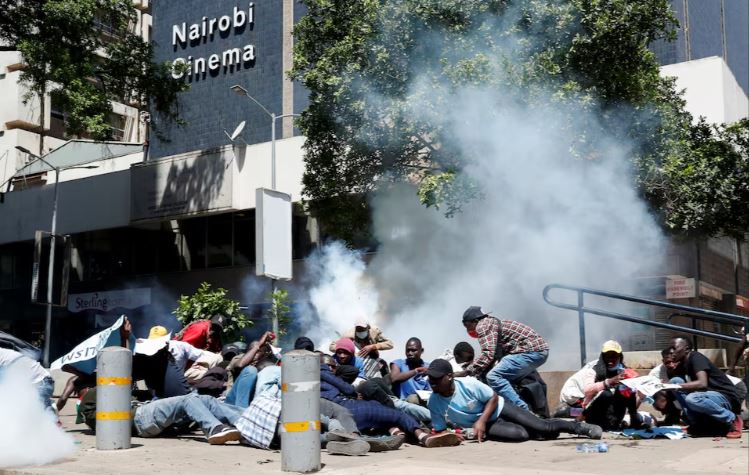
According to the HRW report, the abduction squad otherwise known as the Operation Support Unit (OSU) operates within the precincts of The Directorate of Criminal Investigations (DCI) and is responsible for the enforced disappearance of 83 young Kenyans with 26 yet to be found.
The Human Rights Watch has released a report stating that a government-operated special squad, reminiscent of the disbanded Special Service Unit (SSU) is behind the spate of abductions in the country.
According to the report unveiled in Nairobi on Thursday, the abduction squad otherwise known as the Operation Support Unit (OSU) operates within the precincts of The Directorate of Criminal Investigations (DCI) and is responsible for the enforced disappearance of 83 young Kenyans with 26 yet to be found.
More To Read
- Rights group files complaint over Infantino’s peace prize award to Trump
- HRW urges Tanzania to release detained opposition ahead of independence day
- Besigye's wife demands immediate release of husband after one year in detention
- Maraga demands Kenya summon Ugandan envoy over missing activists Bob Njagi, Nicholas Oyoo
- Kanja, DPP given seven days to produce missing security analyst Mwenda Mbijiwe
- Uganda High Court orders police to produce missing Kenyan activists Bob Njagi and Nicholas Oyoo within seven days
"After disbanding the Special Service Unit (SSU) in 2023, President William Ruto formed the OSU, which is doing exactly what the SSU was doing," said Associate Africa Director of Human Rights Watch Otsieno Namwaya.
The report not only accuses the Kenyan government of targeting its citizens but also of the abduction of foreign nationals seeking refuge in Kenya.
Mausi Según, Executive Director of Human Rights Watch Africa, highlighted the regional implications of these actions, pointing to the troubling pattern of cross-border collaboration among Heads of State to violate human rights.
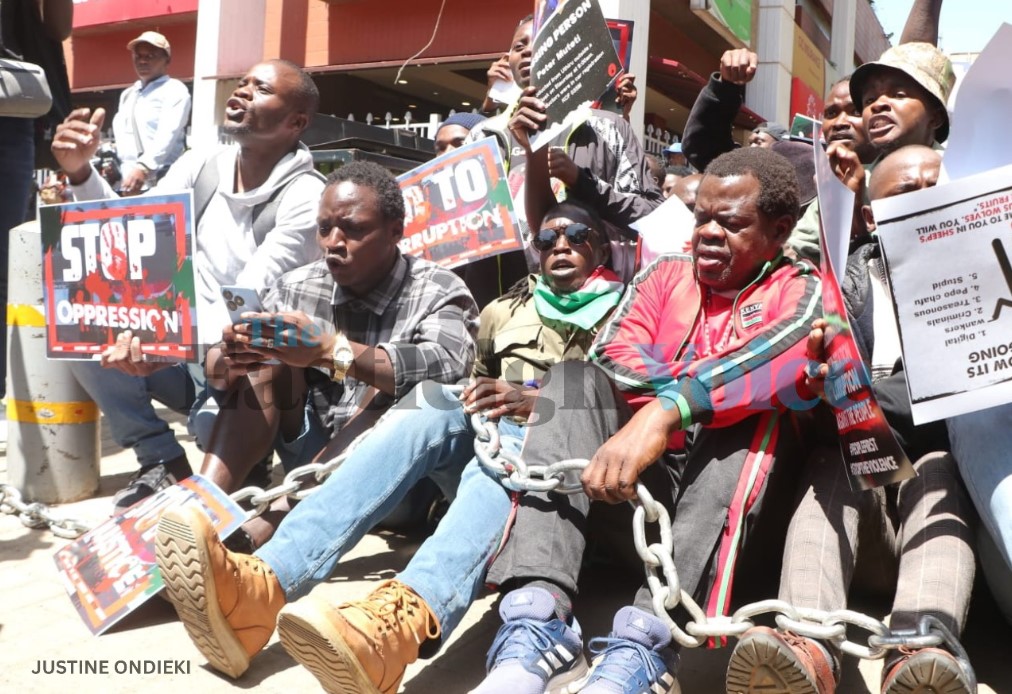 Busia Senator Okiya Omtatah (in red jersey) and other protesters demonstrating in Nairobi CBD on December 30, 2024 over rising cases of abductions. (Photo: Justine Ondieki)
Busia Senator Okiya Omtatah (in red jersey) and other protesters demonstrating in Nairobi CBD on December 30, 2024 over rising cases of abductions. (Photo: Justine Ondieki)
"It is almost a boys' club situation where one president calls another complaining about a critic who happens to be one of his citizens that is residing in the neighbouring country. It is this trend that we must all resist," remarked a stern Segun
The case of Tanzanian activist and editor Maria Sarungi Tsehai, who narrowly escaped deportation from Kenya, was cited as a glaring example of these abuses. Según described the incident as "instructive," adding that the ultimate goal had been to hand her over to Tanzanian authorities.
"What happened to Maria Sarungi here in Kenya was very instructive. The fact that she was able to quickly get the news out regarding her abduction was extremely critical Otherwise, their ultimate plan to take her to Tanzania would have come to pass," she added.
Further compounding these concerns are the cases of Ugandan opposition figure Kizza Besigye and the forced expulsion of Turkish nationals in 2024 November.
The Human rights defenders further accused the Kenyan government of leading the region in a pattern of human rights violations, tarnishing its once-pristine reputation as a sanctuary for those fleeing repression.
"People who are either persecuted, fleeing conflict or escaping unpalatable situations in their country must have a place of refuge. Kenya used to be that place," noted Según, calling for urgent reforms to restore the country's commitment to human rights and the rule of law.
Top Stories Today

